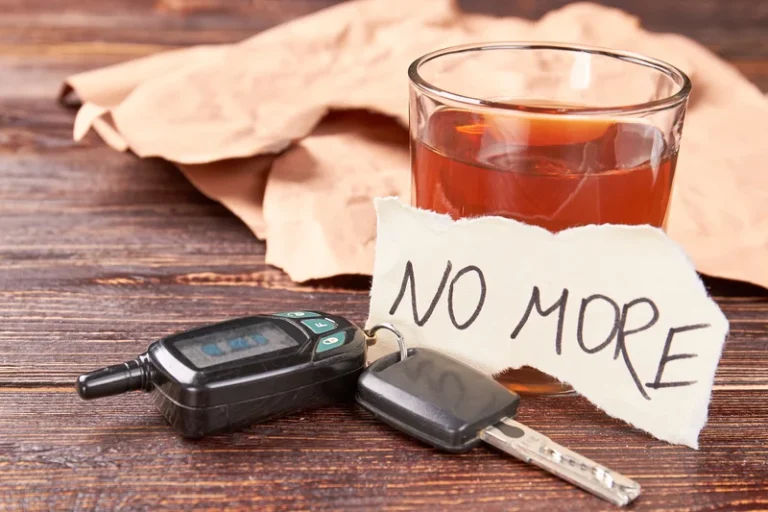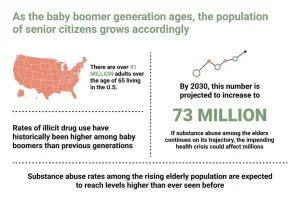
In this section, learn more about AUD, the professional treatment options available, and why different people may take different routes to recovery. A solid support system is crucial to long-term recovery. Your loved one’s motivation for recovery hinges on the encouragement and support they get from others around them. Once your loved one has identified their potential triggers, learning how to avoid them is an important part of relapse prevention.
Medications
Group therapy or a support group can help during rehab and help you stay on track as life gets back to normal. But alcohol use disorder is actually a brain disease. Alcohol causes changes in your brain that make it hard to quit.

Setting Healthy Boundaries in Relationships
The Navigator’s 3-step “road map” offers expert guidance to focus and support your efforts. We’ll help you learn how to find higher-quality, science-backed care that can raise your chances for success. Cognitive–behavioral therapy can take place one-on-one with a therapist or in small groups. This form of therapy is focused on identifying the feelings and situations (called “cues”) that contribute to heavy drinking and managing stress that can lead to a return to drinking.
Behavioral Treatments

Instead of criticizing yourself for having a hard time or slipping up and having a drink, remember that no one’s perfect. What matters most is your ability to maintain an open, curious outlook as you learn what does and doesn’t work for you. It’s common to have a difficult time when making big changes, but good self-care practices can help you manage overwhelming feelings and take care of your mind and body. Learn more about the symptoms of alcohol withdrawal here.
- Learn how to find higher quality, science-backed alcohol treatment to raise your changes for success.
- You can verify your loved one’s insurance for addiction treatment, which, depending on their provider and specific plan details, may be fully covered by insurance.
- Doctors and other experts can keep an eye on you and give you medicine to help with your symptoms.
- Al-Anon can also help you set healthy boundaries.
- It draws from a national database kept by the Substance Abuse and Mental Health Services Administration (SAMHSA).
- But while you can’t do the hard work of overcoming addiction for your loved one, your love and support can play a crucial part in their long-term recovery.
Staying Social When You Quit Drinking
Find alcohol treatment programs with the Navigator’s simplified search tool. It draws from a national database kept by the Substance Abuse and Mental Health Services Administration (SAMHSA). When relapse happens, it’s important not to blame your loved one or get frustrated and angry https://ecosoberhouse.com/ with them. Instead, help them find the best treatment option for them so they can get back on track to long-term recovery. You may encourage them to call their sponsor, research other treatment options with them such as long-term treatment, or utilize another professional resource.
Who is the NIAAA Alcohol Treatment Navigator® for?

Talk with a healthcare professional if you’re concerned you may experience detox symptoms when quitting drinking or cutting back. Together, you can come up with a plan to get through it. Instead, these are groups of people who have alcohol use disorder. Examples include Alcoholics Anonymous, SMART Recovery, and other programs. Your peers can offer understanding and advice and help keep you accountable. Alcohol abuse and addiction doesn’t just affect the person drinking—it affects their families and loved ones, too.
- All the same, “a quick drink” often turns into three or four drinks.
- If you’re ready to stop drinking and willing to get the support you need, you can recover from alcoholism and alcohol abuse—no matter how heavy your drinking or how powerless you feel.
- You’re likely to start by seeing your primary health care provider.
- In addition, the search tools on the Navigator may not capture every possible higher-quality treatment provider in your vicinity.
Finding Alcohol Rehab Near Me

It is rare that someone would go to treatment once and then never drink again. More often, people try to quit or cut back over time, experience recurrences, learn from them, and then continue on their recovery journey. For many, alcohol addiction help continued follow-up with a treatment provider is critical for overcoming alcohol problems. The provider can help adjust the treatment plan and aid long-term recovery. What kind of treatment does the program or provider offer?
Resources for Health Professionals
The best place to start getting involved is through an A.A. Participating in a group helps ensure that when a person reaches out for help, A.A. The evidence suggests that the free and flexible assistance provided by mutual-support groups can help people make and sustain beneficial changes and, thus, promote recovery. We’ll help you to search the Psychology Today directory.
How to Stop Drinking: Making a Plan That Works for You
- By avoiding alcohol, you’re taking a big step toward improving physical health.
- Take the assessment and get matched with a therapist in as little as 48 hours.
- The search for alcohol treatment can feel overwhelming.
- And some people in recovery do relapse and drink again.
- You might know you want to give up alcohol entirely.
